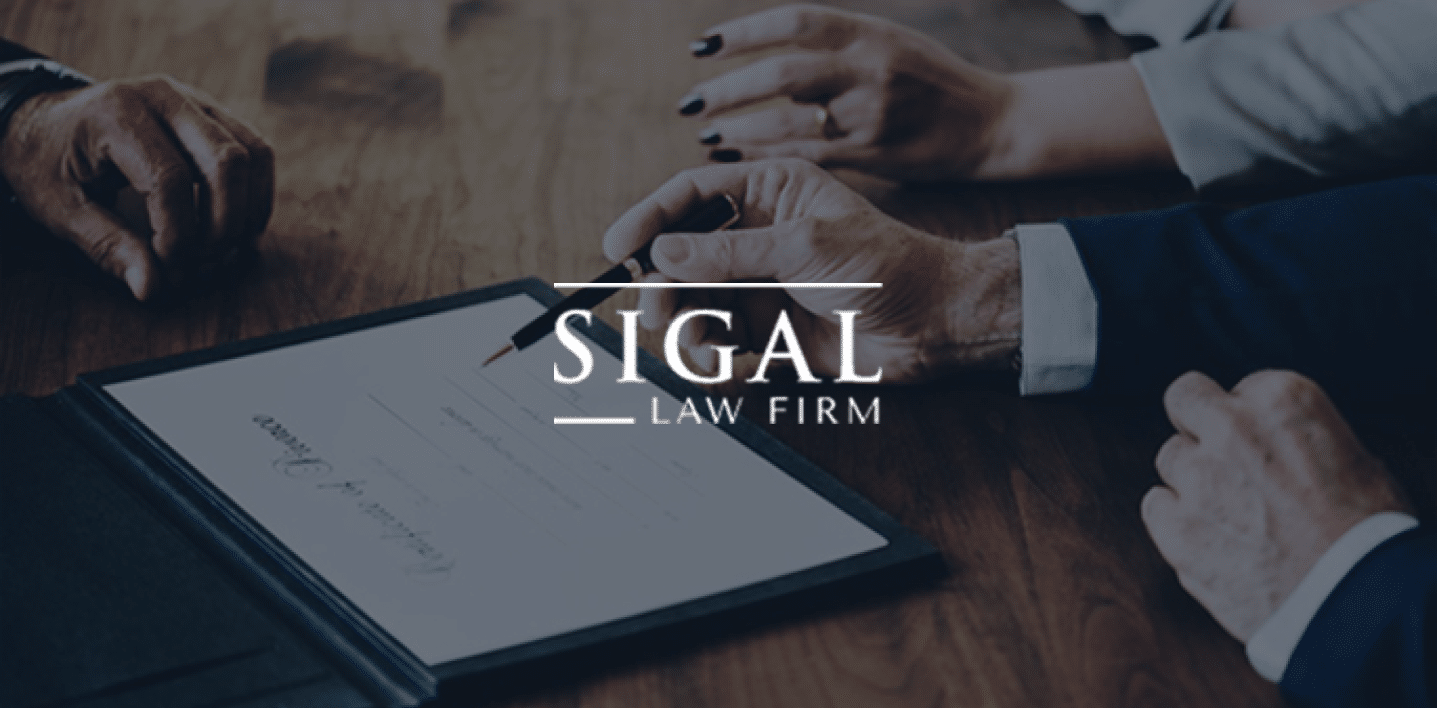Do You Need Help With Your Overwhelming Debt?
Filing for bankruptcy can feel intimidating and like a punishment for an unfair financial system. Heading towards bankruptcy is even scarier when you don’t understand the process. You may fear you are going to lose everything, but bankruptcy is actually designed to give you a fresh start, not punish you for your financial past.
The biggest fear most people have about bankruptcy is whether they will be forced to sell their belongings or allow creditors into their homes to reclaim anything of value. A bankruptcy attorney can help you understand the process, what you will lose, and what is protected.
Sigal Law Firm is here to help clients understand the different types of bankruptcy and the process towards a better financial future.
What is Bankruptcy?
Bankruptcy is a legal process that allows you to eliminate or reorganize debt under the protection of the federal court system. Popular media or passing conversation may lead you to believe that bankruptcy means you will lose everything. In fact, many people keep their home, car, and personal belongings thanks to legal exemptions.
In Michigan, most people file Chapter 7 or Chapter 13 bankruptcy. While these two methods work very differently, they both provide a path towards financial freedom.
Chapter 7 Bankruptcy
Also known as straight bankruptcy or liquidation, this type of bankruptcy wipes out most unsecured debts, including credit cards, medical bills, personal loans, and utility balances. It is meant for individuals with limited incomes who are becoming overwhelmed by their debts.
This method is quick and quickly relieves most debts without you losing your essential assets.
Chapter 13 Bankruptcy
Also known as a repayment plan bankruptcy, this method allows you to reorganize your debts into a manageable three to five-year repayment plan. It is intended for people with regular incomes who need to protect valuable assets while getting the chance to catch up on late or missed payments.
This method allows you to stay in control of your assets while giving you time to catch up and eventually eliminate your debt.
Both Chapter 7 and Chapter 13 can stop collections, foreclosures, and wage garnishments as soon as you file. Determining which one to file can be difficult without the help of a bankruptcy attorney.
What Are Exemptions?
Bankruptcy exemptions determine what property you are allowed to keep when filing for bankruptcy in Michigan. Chapter 7 and Chapter 13 both have exemptions, but their role are different for each.
In Chapter 7, exemptions protect your property from being sold off by the bankruptcy trustee.
In Chapter 13, exemptions help determine how much must be repaid to unsecured creditors through your repayment plan.
Michigan allows you to choose between state and federal exemptions, but you cannot mix and match the two to attempt the ideal situation. You must choose one full set.
Michigan’s Bankruptcy exemptions are as follows:
Homestead Exemptions
- Up to $46,125 in equity for your primary residence.
- Up to $69,200 if you or a dependent is 65 or older, or disabled.
Motor Vehicle Exemption
Protects up to $4,250 in equity for one motor vehicle.
Personal Property Exemptions
- Household goods and furnishings: Up to $700 per item with a total limit of $4,625.
- Tools of your trade: Up to $3,075 for items necessary for your profession.
- Clothing: All clothing is exempt, except for luxury items like furs.
- Computer and accessories: Up to $800
- Household pets: Up to $800
- Farm animals, feed, and crops: Up to $3,075.
Retirement Accounts and Benefits
- Most tax-exempt retirement accounts are fully protected.
Traditional, Roth, EP, and SIMPLE IRAs are exempt up to $1,512,350.
Public employee pensions and benefits are fully exempt.
Public Benefits and Insurance
Social security, unemployment, workers’ compensation, and veterans’ benefits are fully exempt.
Life insurance proceeds and disability benefits are generally exempt.
Should You Use Federal or State Exemptions?
Determining which set of exemptions to use for your specific situation can be daunting. It involves tallying your exemptions and seeing which set leaves you with the most.
First, if you haven’t lived in Michigan for the last two years, you must use the exemptions from the state where you lived for the majority of the 180 days before those two years. If you can use Michigan’s state exemptions or federal exemptions, then read more to determine which will benefit you most.
To break things down to simple terms:
If you own a home with a lot of equity and use tools or equipment for work, you can use Michigan’s exemptions list.
If you don’t own a home or you have very little equity, use federal exemptions. Further, if you have a large amount of cash, a large tax refund, or valuables not protected by Michigan’s exemptions, use federal exemptions.
We understand if this is difficult to understand. You have options that will make this process easier for you, like working with an experienced bankruptcy lawyer.
Do You Really Need a Lawyer?
Attempting to navigate bankruptcy without the guidance of a qualified bankruptcy attorney may result in you miscategorizing your exemptions. It may result in you either losing more of your belongings or not covering as much of your unsecured debt as possible.
Sigal Law Firm offers legal counsel to Michiganders who need help getting back on their feet. We will take a look at your specific circumstances, including your equity, debt, and possible exemptions. It all starts by calling 248-671-6794 for a free consultation, where you can ask your questions and find out if filing for bankruptcy is right for you and your situatioDon’t wait, start
the process of getting your financial freedom back.
















